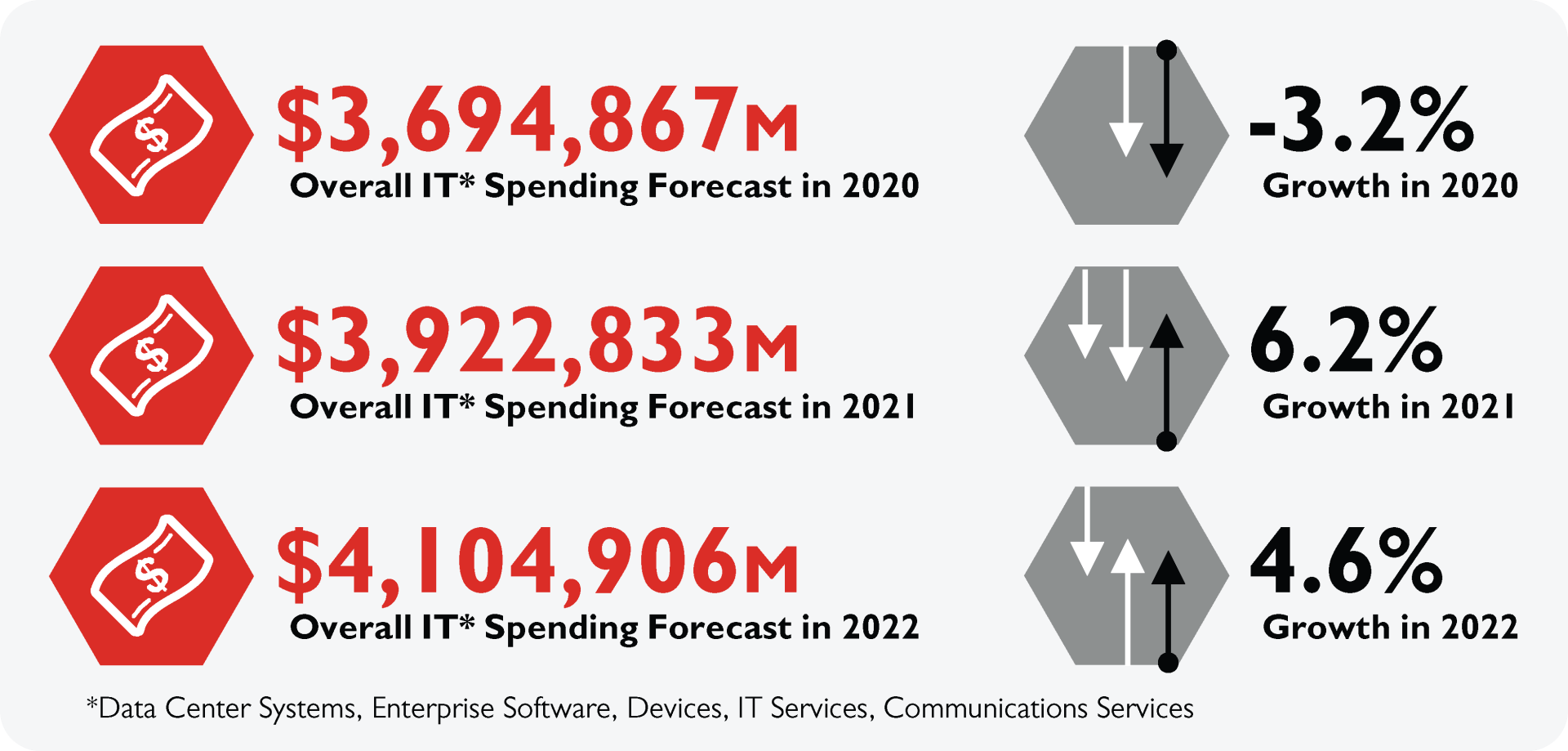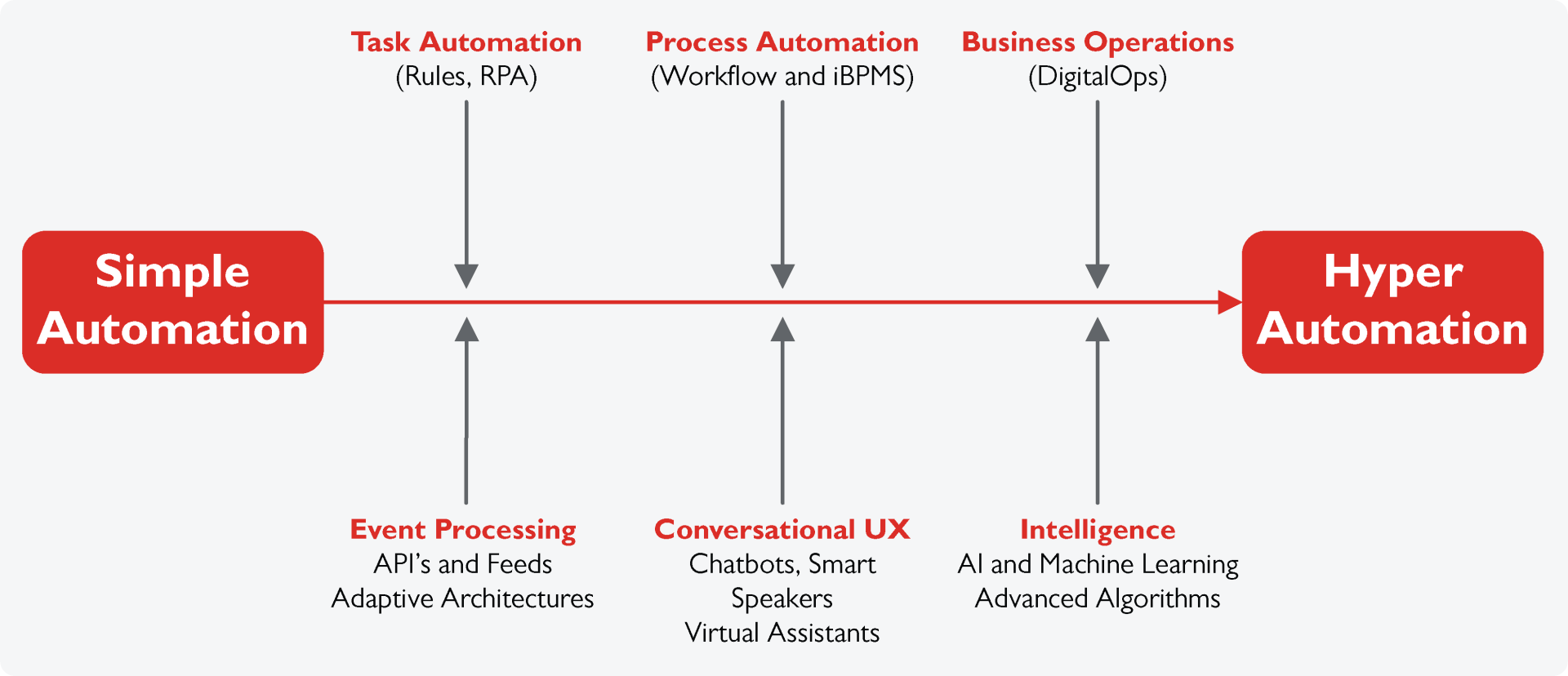SYSTEM DESIGN AND DEVELOPMENT
Industrial revolutions are generally characterized with the technological advancements causing them. An important aspect often overlooked is the process landscape that is changing in parallel. For instance, mechanization of manufacturing and transportation required new or redesigned processes to solve quality, productivity and efficiency problems, and also bottlenecks. In the rapid technological advancements era, need for evaluating the processes when replacing old technologies with the new ones still holds.
Industry 4.0 takes it roots from the technological phenomenon – digitalization which enables the building of a new virtual world from which the physical world can be steered. Digital transformation is the integration of digital technology into all areas of a business resulting in fundamental changes to how businesses operate and how they deliver value to customers.
The great abundance of digital technologies makes digital transformation a continuous and challenging initiative. These rapid developments are accompanied by failures due to the lack of roadmaps which will support a systemic corporate digitization.
On the other hand, Covid-19 has acted as a catalyst in the speed of digitalization in business life. Companies are now much more willing to invest in new technologies and the digitalization race than before for a sustainable remote working. According to Gartner, all IT spending segments are forecast to return to growth in 2021.
FROM SIMPLE TO HYPER AUTOMATION
“Refusal to Address Complexity in the Business Process” is the Main Reason for Automation Failure!
Gartner studied more than 50 projects that are on the public record as having experienced complete failure, have been seriously compromised or have overrun their IT budgets significantly. The analysis showed that the organization's refusal to address complexity in the business process is the main reason. As a result, a solid process model is the main requirement to manage digital transformation. Once this foundational step is completed, managing digital transformation becomes easier.
Process model helps you understand:
- How is your business currently operating?
- Which of the processes can be digitalized?
- How does digitalization effect a specific process?
- What are the other processes and systems that will be effected?
- What can be the order of activities to digitalize a process?
According to Gartner, this new common and advanced currency will be called as “hyper automation” in business and technology life.
In this context, Sistema provides full services below in order to cover System Design & Development needs of organizations and help them to reach their technology potentials:
- BPM Software Implementation
- Business Process Analysis & Design, Workshop Moderation and Live Mapping, Process Mining
- Business Process Performance Indicator Design & Live Score carding
- Customized Systems Training Design
- Project Management
Our process project with Sistema supported key competencies together with the building of invaluable end-to-end business process model
As TTNET, we are a very young and dynamic team. We are determined to maintain our success in the face of rapidly changing trends, technologies and fierce competition. As we move on this path, we need critical behaviors to overcome all these challenging factors.
One is "strong and continuous communication" and the other is "systematic perspective".
Our process project with Sistema supported both of these competencies together with the building of invaluable end-to-end business process model.
I sincerely thank all my colleagues for their valuable and devoted contributions.
Abdullah Orkun Kaya
General Manager
TTNET
Modeling and hand shaking on the end-to-end processes has been very beneficial to minimize inefficiencies, monitoring and improving the process performance
During the workshops, we realized that we had not sufficiently expressed working methods and processes of Technology team to other internal units. We found the opportunity to cover this deficiency up and to better explain our internal processes.
Modeling and hand shaking on the end-to-end processes has been very beneficial to minimize inefficiencies, monitoring and improving the process performance.
Coşar Baykal
Enterprise Architecture and Software Manager
TTNET
SUCCESS PARTNERS
Success Partner of USA based Project Management & Collaboration Software.







